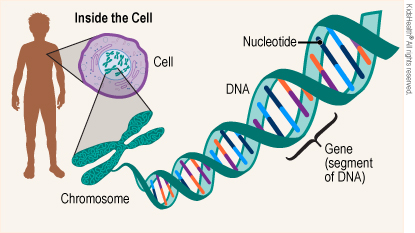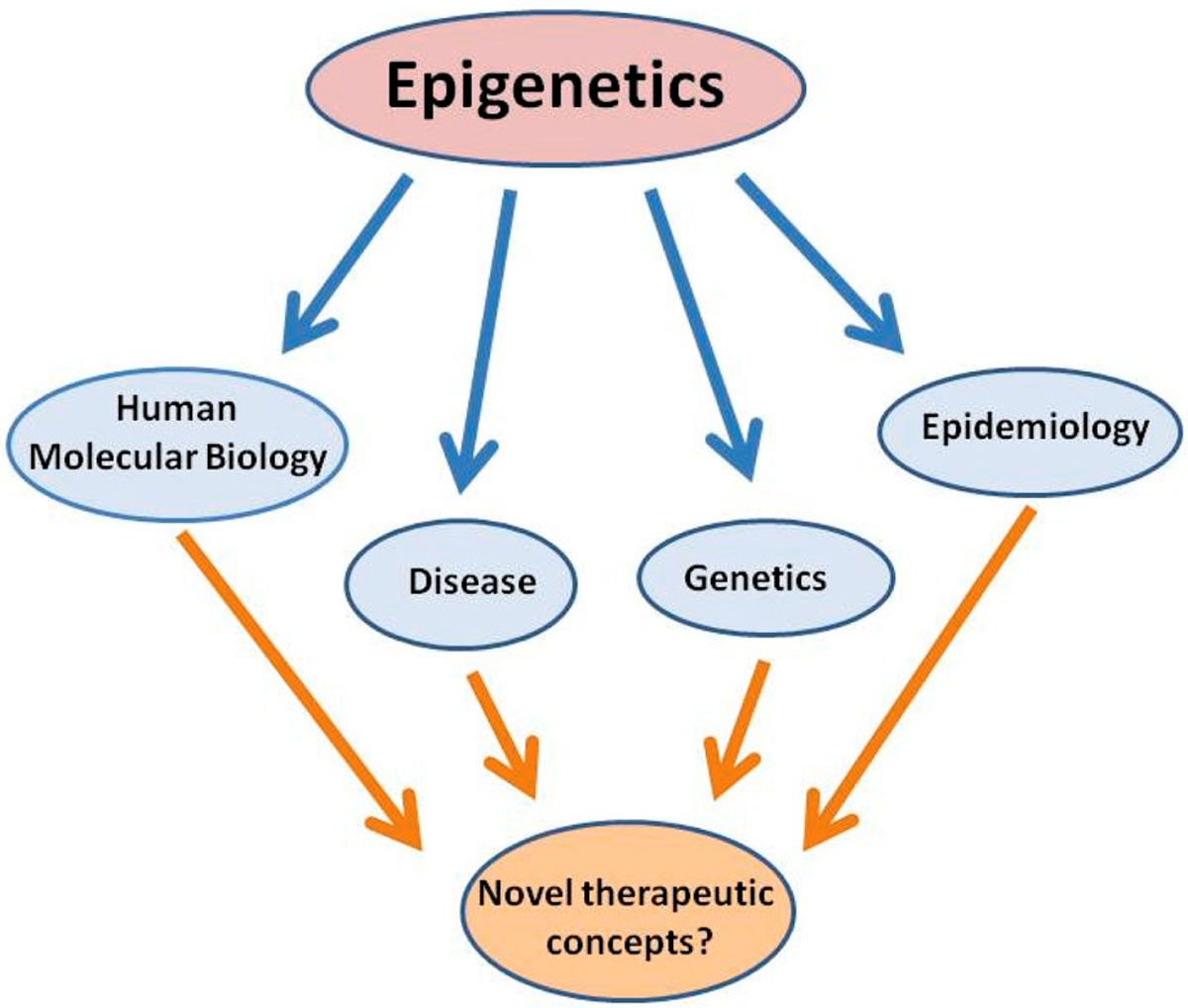How Genetics Influence Our Personality and Health
Every person in the world is unique not only in looks but also in behavior, thoughts, and health. While many of these differences come from environment, upbringing, and lifestyle, a large part of who we are is determined by our genes. Genetics is the scientific study of heredity how traits and characteristics are passed down from parents to their children. From the color of our eyes to our risk of certain diseases, genetics plays a major role in shaping both our personality and health.
What Are Genes and How Do They Work?
Genes are small units of DNA found in every cell of the body. They act as a set of instructions that control how the body grows, functions, and repairs itself. Every individual inherits half of their genes from their mother and half from their father. These genes decide traits such as height, skin color, eye color, and even certain talents or abilities. However, genes do not work alone they interact with the environment to produce the outcome we see in a person.
Genetics and Physical Health
Genetics greatly influences physical health. Some people inherit genes that increase their risk of developing diseases such as diabetes, asthma, heart problems, or certain types of cancer. For example, if one or both parents have high blood pressure, their children may have a higher chance of getting it as well. Similarly, genetic disorders like cystic fibrosis or sickle cell anemia are passed directly through families.
However, having a genetic tendency does not mean that a disease is certain to occur. Lifestyle choices such as regular exercise, a balanced diet, and avoiding smoking or stress can significantly reduce these risks. This means that while genes may load the gun, environment and habits pull the trigger.

Genetics and Mental Health
Just like physical health, mental health can also be affected by genetics. Studies have found that conditions like depression, anxiety, bipolar disorder, and schizophrenia often run in families. This means that some people may be genetically more vulnerable to these issues. Yet, genes alone do not decide mental health. Environmental factors such as trauma, stress, relationships, and upbringing also have a strong influence.
For instance, a person may inherit a tendency toward anxiety but never experience it if they live in a stable, supportive environment. In contrast, stressful situations might trigger mental health problems in someone with a genetic predisposition.

Genetics and Personality
One of the most fascinating areas of research is how genetics influences personality. Scientists believe that certain traits like introversion or extroversion, creativity, patience, and even intelligence can be partly inherited. Studies on identical twins show that even when they grow up in different families, they often share similar interests and behaviors, suggesting that genes play a big role in shaping who we are.
However, personality is never shaped by genes alone. Our surroundings, education, culture, and life experiences help mold our character and determine how genetic traits are expressed. For example, a person may inherit creativity but will need encouragement and opportunities to develop it fully.
The Role of Epigenetics
A newer field of science called epigenetics studies how lifestyle and environment can change the way our genes work. For example, eating healthy, getting enough sleep, and managing stress can “turn on” genes that promote good health, while unhealthy habits can “turn off” protective genes. This shows that we have some control over how our genes affect us.

Conclusion
Genetics has a powerful influence on our personality and health, but it does not define our destiny. It gives us the blueprint, while our environment and choices determine how that blueprint is built. By understanding our genetic makeup and maintaining a healthy lifestyle, we can make better decisions for our physical and mental well-being. In short, our genes shape us but our habits, environment, and attitude decide who we truly become.



You must be logged in to post a comment.